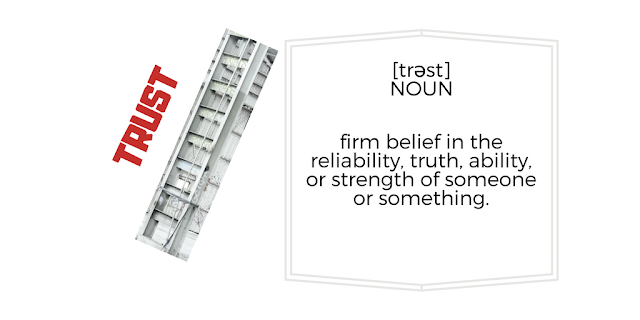Barter to Bitcoin: It’s Really A Matter of Trust
As I was preparing to deliver another Barter to Bitcoin class to teenagers later this month, I started reflecting on the most important lesson that the students in my class last year learned. As we walked the history of financial transactions – barter, commodities, gold, IOUs, paper, paperless, crypto, etc. – one question that kept coming up was what made each of these “currencies” successful.
There were clearly technological benefits that each currency offered. Use of commodities (shells, salt, etc.) for trade made barter efficient by removing the need for ‘coincidence of wants’. The technology involved in dividing gold into smaller fractions (e.g., coins) made trading of various items possible. Similarly, the invention of IOUs and paper currencies made their transportation over long distances easier and safer, which helped cross-border trade flourish.
However, as my students discovered to their delight, the real binding force behind the success of these currencies was Trust. It took many forms and changed with each iteration of the currency.
Barter required trust in the other party providing the right quantity and quality of their goods.
Commodities meant trusting that the commodities being provided are of the right quality and will hold value over some period of time.
With gold, each trading party used touchstone to determine the purity of gold, which was inefficient and cumbersome. This issue was solved using gold coins issued by trusted goldsmiths, whose stamp was trusted as proof of the purity of gold.
And that brings us to the cryptocurrencies. We had a healthy debate on what will it take for us to start using cryptocurrencies. On the one hand, one school of thought was that unless we all understand how the underlying technology works, we will never use a currency based on that technology. On the other hand, another thought was that we don’t fully understand the current currency systems either, so we will use cryptocurrencies when we find a basis to trust it.
Both opinions were well articulated, delivered passionately, and certainly merit acknowledgement and more discussion. Call me sentimental, but if history is any guide, my money would be on trust saving the day at the end, certainly aided by robust technology.
How do I know? Well, just trust me!






Comments
Post a Comment